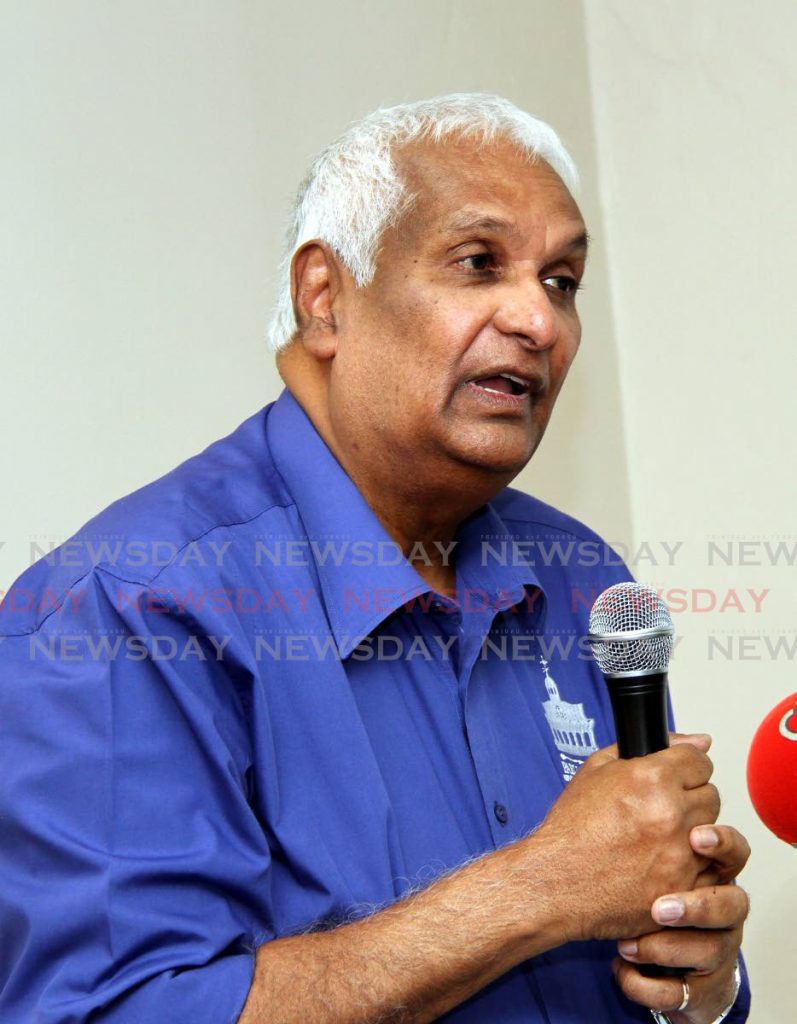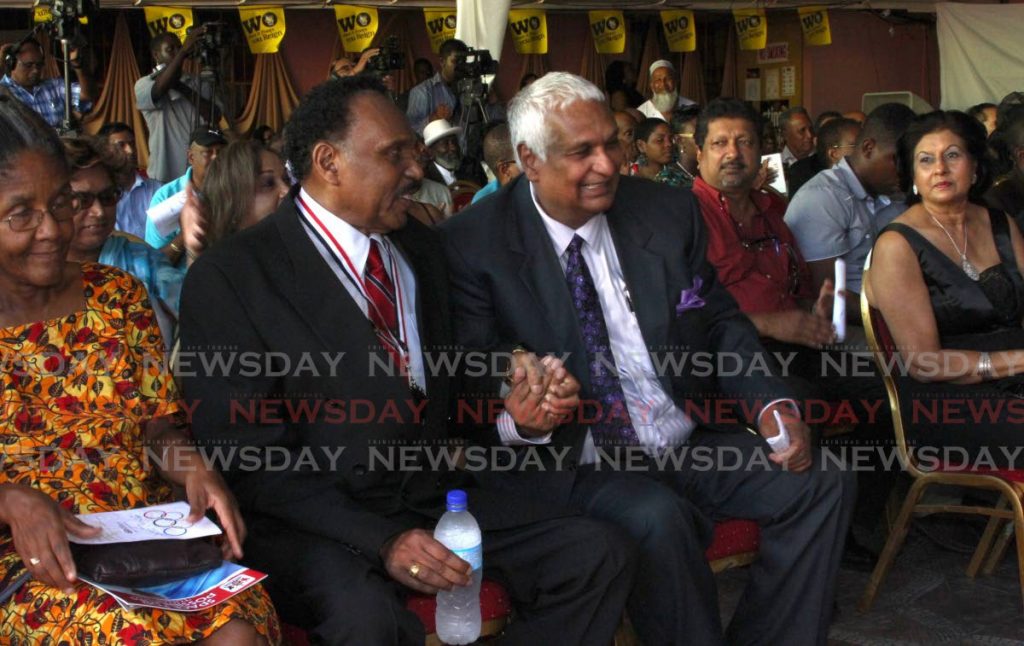Dookeran doing his duty on road to recovery

AT PIVOTAL moments in the country, Winston Dookeran had felt the call of duty that compels him to serve.
“It’s not just service to the country, that’s just a platitude. It’s really a sense of duty more than anything that when the country is in a crisis, it is important to dirty your hands in it,” he told Newsday in a recent telephone interview. His whole political life charts that duty to country.
“I’ve always (engaged) at a time where there was some critical issue – a crisis in politics, a crisis in democracy, a crisis in economics. Those are the times I felt a sense of duty,” he said.
He’s risen to the occasion first as an MP in 1981, then as a government minister in 1986, acting prime minister in 1990 (during the attempted coup, no less), and then Central Bank governor from 1997-2002. He founded the Congress of the People in 2006, served as both minister of finance and minister of foreign affairs under the UNC-coalition from 2010-2015.
It’s hardly surprising then, that when he received a call request to join the Roadmap to Recovery team, chaired by the Prime Minister to return the country to economic stability, he readily agreed.

-
His primary focus is remodelling and transformation, specifically on macroeconomic policy.
The country is facing three main shocks, all essentially directly related to the covid19 pandemic. First, there’s what he calls a loop-type shock where both demand and supply are falling at the same time. Then there’s the tumbling price of oil and other commodities. The third is a ripple shock as the entire world’s economy goes into recession. “So at this point in time, this country is faced with all three coming together and created a situation where we have to rescue it.”
In the immediate to short-term, he suggests that the county has to increase citizens’ purchasing power – or the amount of goods and services one can buy with a unit of money. “This is the first time the economy has been shut down (on such a large scale). That’s an extraordinary event so you have to restore the purchasing power in the country because when that drops everything else falls around that.” Given those three shocks, though, he acknowledges the road to recovery won’t be linear, easy or straightforward.
When the Roadmap to Recovery was first announced, among the criticisms was that the group was made up primarily of old men, and not enough diversity. Dookeran, 76, was quick to point out that there are several sub-committees with a variety of voices. Besides, he said: “The fact that they (the members) are old doesn’t mean they have lost ideas.”
The real question, he said, was whether or not people were imprisoned by their own ideas. “If they are, then they won’t be of much service to the future where new ideas are needed. This is really the responsibility of analysis.”
The fundamental idea, he said, is if the committee – and the country – will rise above the ideas of the past and embrace some ideas of the future. “And I think that will be the challenge,” he said.
So, after all this time, has doing his duty been worth it? “I don’t measure the outcome of my interventions. I only measure my motivations and I am comfortable with my motivations. The outcome is for others to measure,” he said.


Comments
"Dookeran doing his duty on road to recovery"